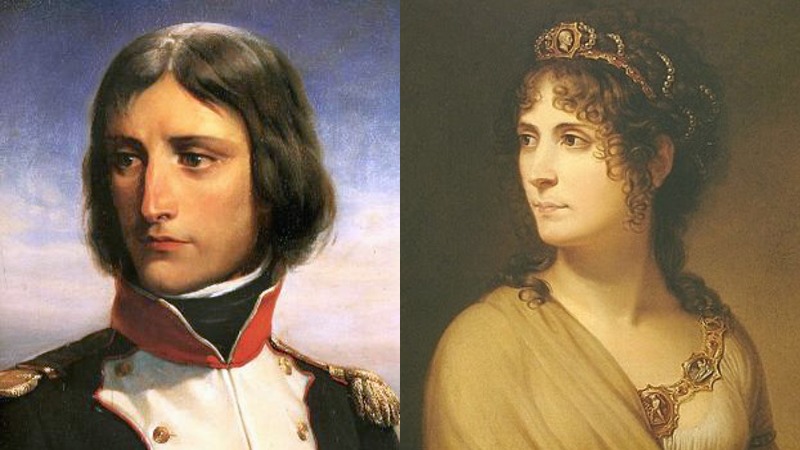Napoléon Bonaparte was an excellent military strategist. He was crowned Emperor of the French in 1804, forging his status as Europe’s most powerful man at the time.
However, he was also a normal human being who had the capacity to fall truly, madly, deeply in love.
Bonaparte’s most famous love interest was a woman who was six years older than him. He was 26 and she was 32 when they first met in 1795. He was immediately enraptured with her and they soon became lovers.
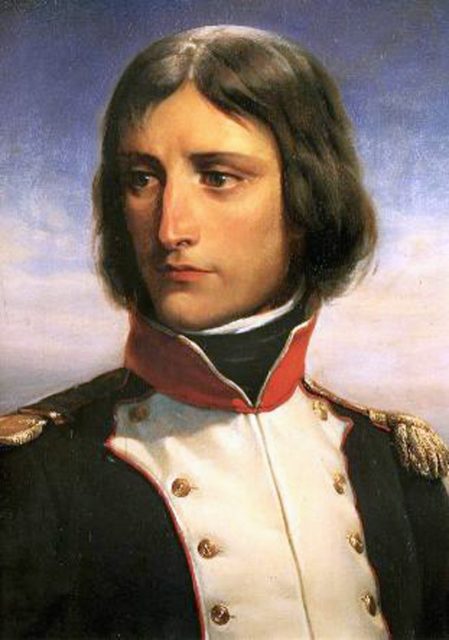
Josephine de Beauharnais (last name taken from a previous marriage) was born on the French colonial island of Martinique in the Caribbean. Likewise Napoleon was also from an island, Corsica, which later belonged to France.
With remarkable poignancy, the letters Napoléon wrote to Joséphine perhaps best illustrate how crazy he was about her, a mad crazy love which was not always returned.
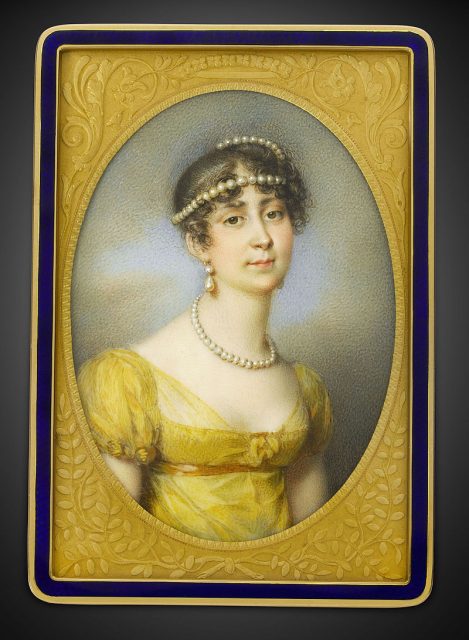
“Sweet and matchless Josephine, how strangely you work upon my heart,” he wrote to her in late December 1795, a few months after they had first met and few months before they were wed.
The same letter reads: “You start at midday: in three hours I shall see you again. Till then, a thousand kisses, mio dolce amor! But give me none back for they set my blood on fire.”
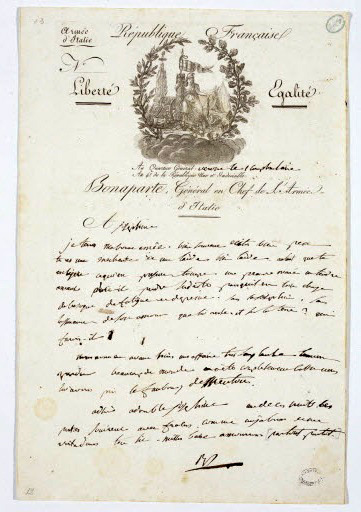
Letter from Napoléon to Joséphine.
His desires and longings scream even louder in another letter from 1796: “A kiss on your heart, and one much lower down, much lower…”
He then goes on to say “How happy I would be if I could assist you at your undressing, the little firm white breast, the adorable face, the hair tied up in a scarf a la creole.”
Napoléon was often on the road, carrying out his military duties and campaigns, therefore he often mailed Joséphine. Her responses, however, were less frequent.
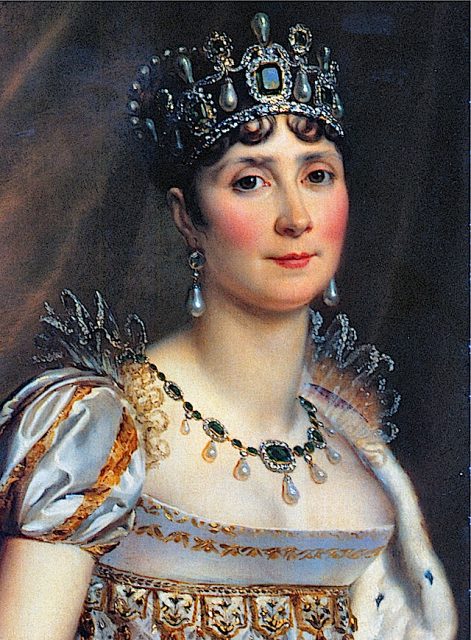
In one epic letter from the road Napoleon writes:
“Ever since I left you, I have been sad. I am only happy when by your side. Ceaselessly I recall your kisses, your tears, your enchanting jealousy; and the charms of the incomparable Joséphine keep constantly alight a bright and burning flame in my heart and senses. When, free from every worry, from all business, I shall spend all my moments by your side, to have nothing to do but to love you.”
After the wedding, he traveled to Italy and repeatedly asked his wife to visit him. Joséphine however made excuses not to go.
The future Emperor then objected in one letter dated to April 24, 1796. Jealousy and frustration can both be felt: “I have your letters of the 16th and the 21st. There are many days when you don’t write. What do you do, then?”
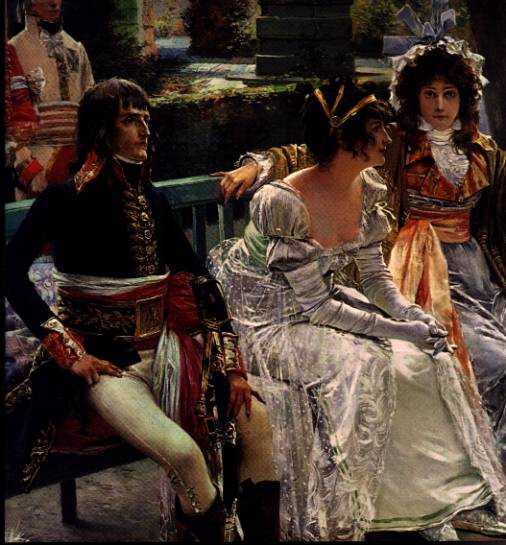
It continues: “No, my darling, I am not jealous but sometimes worried. Come soon; I warn you, if you delay, you will find me ill. Fatigue and your absence are too much. Your letters are the joy of my days, and my days of happiness are not many.”
Over time both Napoléon and Joséphine became involved with other lovers. Their relationship blew hot and cold, and at one point Napoléon even considered ending their marriage, but they kept going.
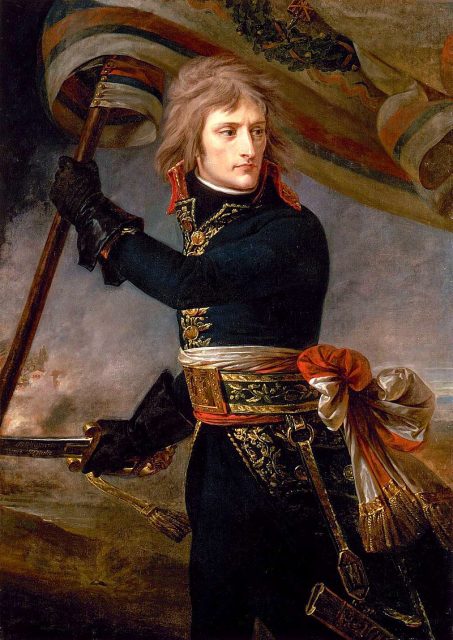
He did suffer because of her as more letters reveal.
“Forgive me, love of my life, my soul is racked by conflicting forces. My heart obsessed by you, is full of fears which prostrate me with misery… I am distressed not to be calling you by name. I shall wait for you to write it,” he says in one place.
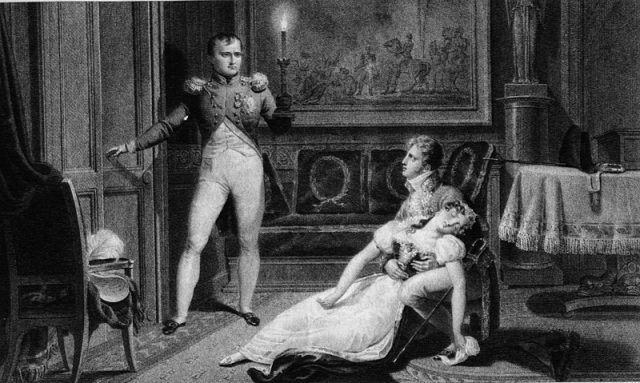
In the same letter he goes on to proclaim that she never really loved him: “Farewell! Ah! if you love me less you can never have loved me. In that case, I shall truly be pitiable.”
The amplitudes of love and doubt persist in more of his writings to her: “I don’t love you an atom; on the contrary, I detest you.” He then goes on to call Joséphine “very ungraceful” before he also expresses his wishes to cover her “with a million kisses as burning as if under the equator.” Oh, the hot and cold nature of love!
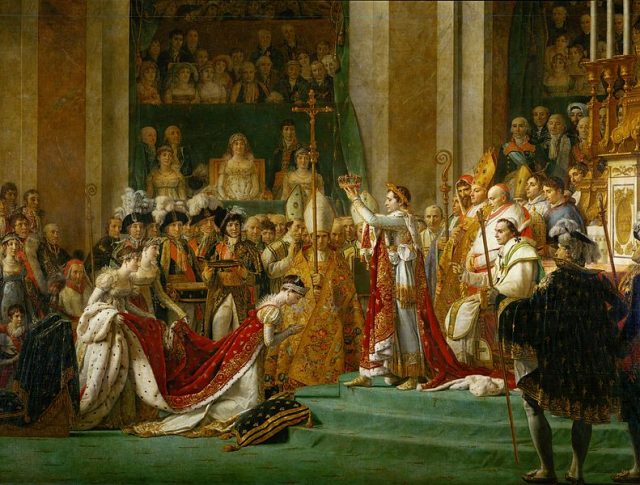
Despite the troubled status of their relationship, in 1804 when Napoléon officially became Emperor of the French, his Joséphine too was crowned Empress Consort.
Their eventual divorce happened in late 1809. When Napoléon announced his intention to separate from her, Joséphine started screaming and eventually collapsed on the floor. She needed to be carried to her quarters.
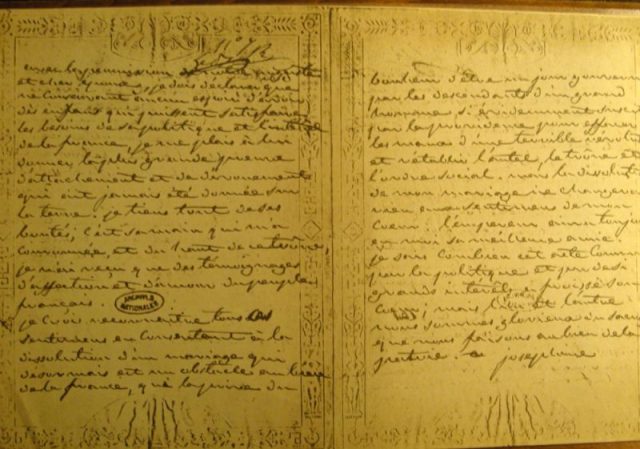
A major reason why Napoléon wanted the marriage to end was that Joséphine could not bear him a child, a much-wanted heir to the throne. In an official address to the public, Napoléon Bonaparte explained his divorce was for the benefit of France.
Shortly after, he married Marie-Louise, the daughter of the Emperor of Austria. With his new spouse, Bonaparte finally had a legitimate child (out of wedlock he had few illegitimate ones).
Even though he remarried, Napoléon remained friendly with his former spouse, his eternal “dolce amor.”
He would provide for Joséphine’s excessive spending at Château de Malmaison where she lived until her death of pneumonia in 1814. She was aged 50. When Napoleon heard the news during his first exile on the island of Elba his comrades said they had never seen him so distraught.
Read another story from us: The Bizarre Journey of Napoleon Bonaparte’s Penis
Napoléon apparently did not forget her until his own end during his second exile on the island of St. Helena in 1821. As he lay dying, the last words he uttered were: “France, l’armée, tête d’armée…Joséphine”.
“France, the army, head of the army…Joséphine”.
